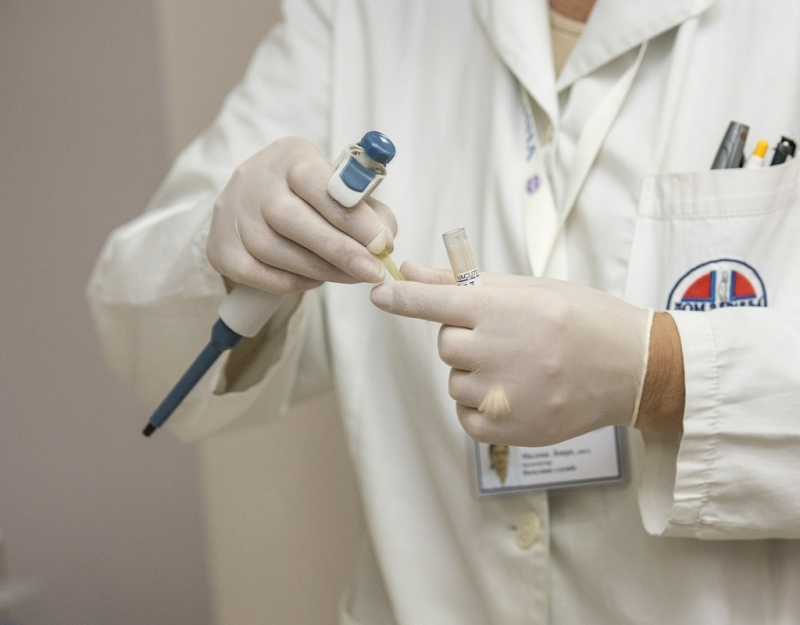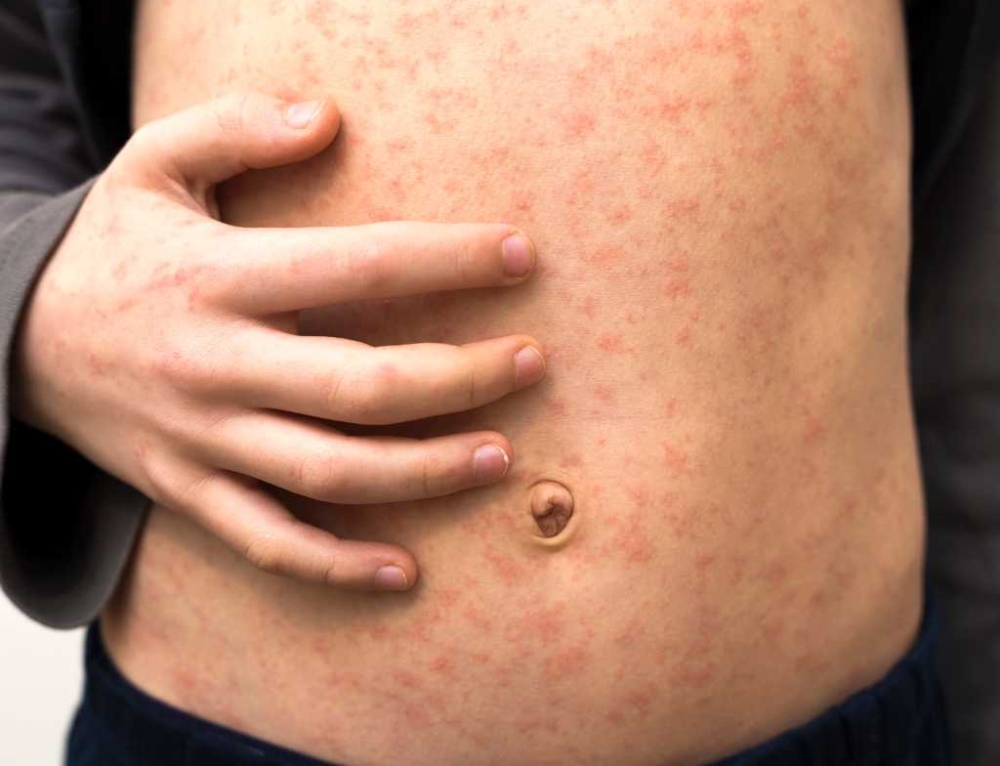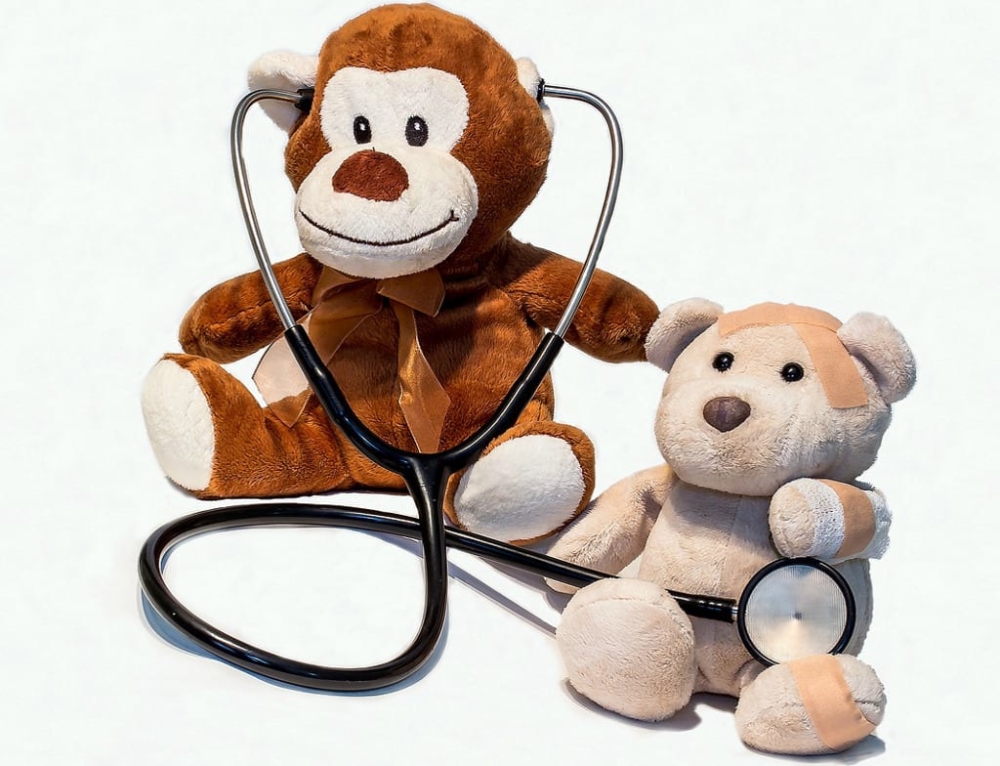Encephalitis literally means inflammation of the brain and can be a serious illness, particularly in young children and babies.
What is encephalitis?
There are two types of encephalitis: primary and secondary. In primary encephalitis , the infection starts in the brain. In secondary encephalitis , the infection begins elsewhere in the body and spreads to the brain. Encephalitis is very dangerous and potentially life-threatening.
What causes encephalitis?
Most cases of encephalitis are caused by a virus. This is called viral encephalitis. Occasionally, bacteria, fungi or parasites cause encephalitis, but this isn’t common. Viruses that can cause encephalitis include:
- Adenovirus
- Cytomegalovirus
- Enteroviruses
- Epstein-Barr virus
- Hand, foot and mouth virus
- Herpes simplex virus
- Kunjin virus
- Measles
- Murray Valley encephalitis (MVE) virus
- Poliovirus
- Rubella
- Varicella-zoster virus
Is encephalitis serious?
Encephalitis can be extremely serious. However, some scientists think that many more people get encephalitis than we know, but their symptoms are so mild that the cases are never diagnosed or reported. In severe cases, encephalitis can lead to seizures, respiratory arrest, coma, and even death. Some people who have had severe encephalitis experience lifelong complications such as muscle weakness, hearing loss, vision loss, and paralysis. Viral encephalitis can be particularly threatening in babies less than a year old.
Can I prevent encephalitis?
Most of the time, viral encephalitis is transmitted from person to person. So, the best way to avoid becoming infected is by washing your hands often. If your child has encephalitis, she can spread it when she coughs or sneezes, so keep her away from other kids until she is better. I tis possible to get encephalitis from a mosquito bite, so use insect repellent and avoid areas that have a lot of mosquitoes.
How do I know if my child has encephalitis?
The symptoms of encephalitis include:
- High fever
- Headache
- Photophobia (sensitivity to light)
- Stiff neck and/or back
- Nausea and vomiting
- Personality changes
- Confusion
- Memory loss
How do I treat encephalitis?
Encephalitis can be treated with antiviral drugs. You can use paracetamol for fever and headaches. While she is sick, make sure that your child gets lots of rest and fluids. In serious cases, your child might need anti-inflammatory and anticonvulsant drugs and may need to be hospitalised. The worst symptoms of encephalitis last for a week or two. Some kids recover very quickly and others much more slowly.
Should I call the doctor?
You should always call the doctor if you believe that your child has, or has been exposed to, encephalitis. The illness can be unpredictable so don’t try to treat it yourself.
What you need to know about encephalitis
- Encephalitis is a potentially life-threatening viral infection of the brain.
- Severe encephalitis can cause permanent brain damage.
- Encephalitis can be treated with antiviral, anti-inflammatory and anticonvulsant drugs.
- Encephalitis is particularly dangerous for babies.







Leave A Comment
You must be logged in to post a comment.